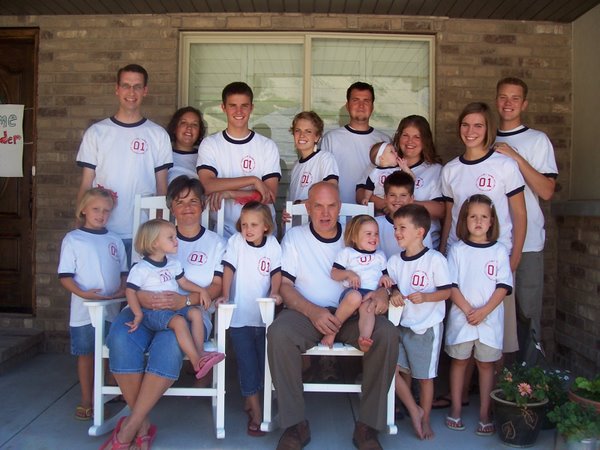- According to the Bible Dictionary the Jews were looking for a deliverer to relieve them from their Roman persecutors.
- There is a saying that says, “you can’t see the forest for the trees.” It is possible the Jewish people were afflicted with this. They had in mind a deliverer that would come to physically remove them from the Romans. When their deliverer came in a different form from what they expected, they could not see beyond their own expectations.
- In contrast were those that believed Jesus and recognized the fulfillment of Isaiah’s words.
- Psalm 2:7 Thou art my Son; this day have I begotten thee.
Psalm 22:16 they pierced my hands and my feet.
Psalm 34:20 He keepeth all his bones: not one of them is broken.
In the heading to Psalm 2 we are told that the heathen will rage against the Lord’s anointed. Then the Lord speaks of his only begotten.
The first reference is a declaration that Jesus is Heavenly Father’s son and he is begotten. Jesus Christ is the only begotten of the Father. He is the only being to have been born of an immortal father and a mortal mother. The following three verses are in reference to the actual crucifixion. In order to succor us, Jesus experienced all that we may be exposed to. While on the cross he was left alone, without the support of Heavenly Father. This would be similar to the emptiness sinners feel when the Holy Ghost withdraws. Verse 16 tells of the actual crucifixion. This scripture points to the actual crucifixion with nails being driven through the accused hands and feet. This verse is in specific reference to Jesus being crucified. Verse 20 is in reference to the practice of breaking the bones of those hanging on the cross to hasten their death. The death was slow and painful. After hanging on the cross for up to 48 hours and in a gesture of sympathy, the victim’s legs would be broken to hasten their death. Jesus did not hang on the cross for hours waiting for death. When his mission was completed he voluntarily ended his mortal life. None of his bones were broken during his trial or crucifixion. In reviewing these scriptures it is interesting to me that the Jewish nation still do not believe their Messiah has come. As immersed in the scriptures as the devout are, it would be interesting to know how they explain these verses, now in retrospect to the events in history. At some point it seems as though pride does not allow them to admit that Jesus Christ was foretold to come as their Messiah and he was crucified by them.
- Ephesians 1:18 Having the understanding darkened, being alienated from the life of God through the ignorance that is in them, because of the blindness of their heart.
As two of Jesus disciples were walking to Emmaus, the resurrected Christ joined them. Verse 16 then states that their eyes were holden that they should not know him. In a commentary I read it explains that this means that Jesus kept them from recognizing him. In my quest to understand scripture and its personal message to me, I put myself in the shoes of those two disciples. I believe that I have experienced eyes that are holden. Not as explained in Luke, but in the verse in Ephesians we read: my understanding is darkened, being alienated from God through ignorance and by blindness of heart. I believe this condition of blindness can be summed up in three ways, confusion, stubbornness, and rebellion. All three of these conditions can be corrected with faith, repentance, and humility. When blindness as to recognizing who the Savior is and what he has done the application of faith, as tiny as a mustard seed will begin the process of eliminating confusion in our testimony of the Savior. Those who are taught the principles of the gospel and continue to sin may be allowing a stubborn will to direct their decisions, rather than accepting the gifts offered through repentance. Both faith and repentance are pushed along when combined with humility. Once able to admit dependence on the saving grace of Jesus Christ we will recognize His teachings and accept them as our guide.
6. I taught my husband about the blindness of the disciples and the blindness we create in our own lives through our choices. He suggested that some blindness is caused when we are not open to the teachings we receive in our study and our church attendance. As I was working on this assignment I ran across a quote that backs this up, it was published in the magazine called This People. The quote is: In a gospel-scholarly setting, one may readily agree, with Elder Neal A Maxwell, that “there are no coincidences.” There is purpose and order in the way God works with our minds as well as our spirits. If people go to a sacrament meeting, conference, or Sunday School class looking for nothing, that is usually all they will find." We do not have clear vision without effort and faith.




